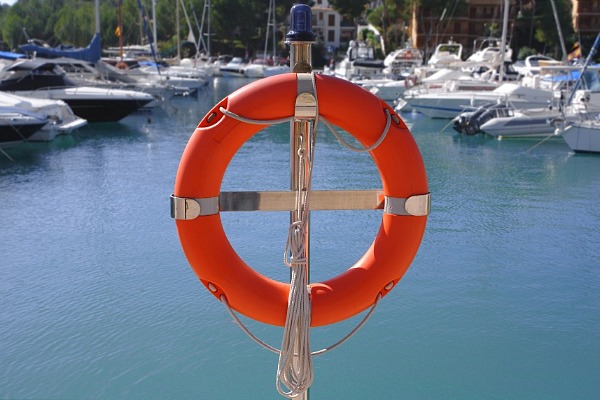Volunteer Marine Rescue 5 Point Checklist for safer holiday boating

Volunteer Marine Rescue Safety Net 5 Point Checklist for safer holiday boating
The annual January holidays will see everyone who can, get out on the water to enjoy boating on Australia’s finest coast. But the more boats there are on the water, the more risk there is for something to go wrong.
There are three volunteer marine rescue organisations with 56 bases on the NSW coast, Royal Volunteer Coastal Patrol, Australian Volunteer Coast Guard and Volunteer Rescue Association. They have several thousand trained men and women and proven boating safety procedures ready to help keep every skipper, every boat and every passenger in the Volunteer Marine Rescue Safety Net.
This 5-point checklist will help ensure you enjoy safe boating this summer.
1. “Log On”. Use your marine radio to tell your local volunteer marine rescue organisation where you’re going and when you’ll return. When you return, radio in and “Log Off” to tell them you’re back. The first sign of an impending tragedy is failure to return on time and in an emergency at sea, time is critical to safety of life. When the volunteers know what time you’re due back, they can take life-saving action to find you if you fail to “Log Off” as scheduled.
2. Know your position. Keep track of where you are – especially if you don’t have a GPS (and make plans to get one). In the meantime and especially if you go offshore, note your compass direction; note your speed; note how long you travelled to get where you stopped to fish. This information can help the marine rescuers find you if you have a breakdown way out there.
3. Listen to your marine radio. Keep it on for weather updates – even if it looks fine & sunny – because on some days conditions can change rapidly and marine radio weather forecasts keep you informed;
4. Use your marine radio as your first method of communication in case of an emergency. The people who answer will know what to do to get help to you fast. Other people can hear you as well and may be even closer. Use your mobile phone by all means, but use your radio first;
5. Wear your lifejacket at sea and set the example for your passengers. If they’re stowed below, a capsize could put them out of your reach. Coastal Patrol attended two very serious incidents last year where boats had capsized, people were thrown into the water and could not reach their life jackets. Fortunately all were rescued but two of them had to wait for over 30 hours before they were found clinging to their boat.
For more information, contact your local Royal Volunteer Coastal Patrol base. Check the local White Pages or go to www.coastalpatrol.com.au and click on Locations for all Coastal Patrol bases and a full list of all other NSW Search and Rescue Coordination Centres and Radio Bases. You’ll find the volunteers are helpful, knowledgeable and very keen to help you stay in the Volunteer Marine Rescue Safety Net.


